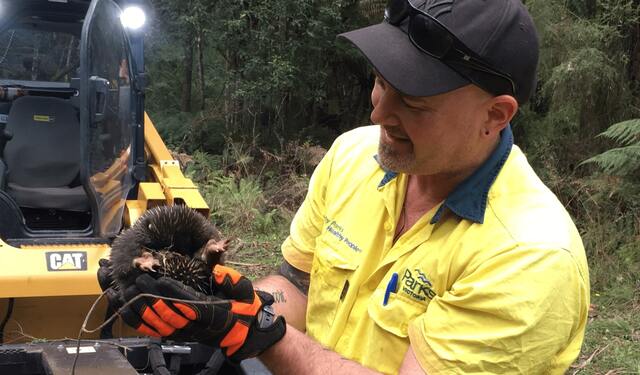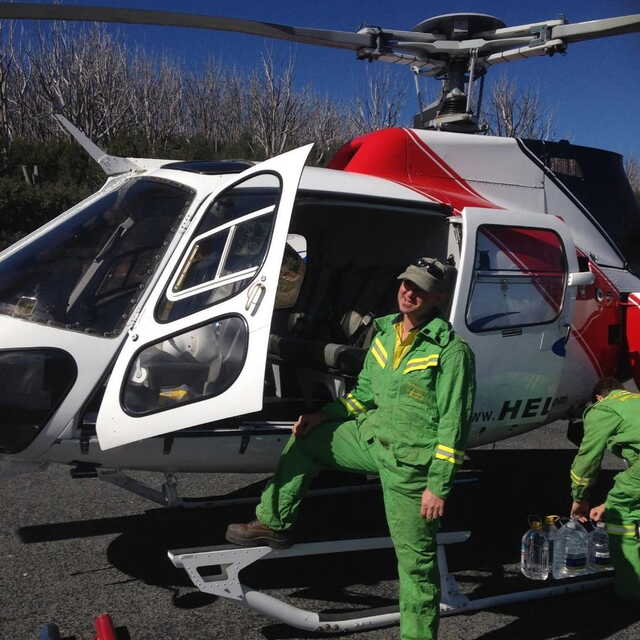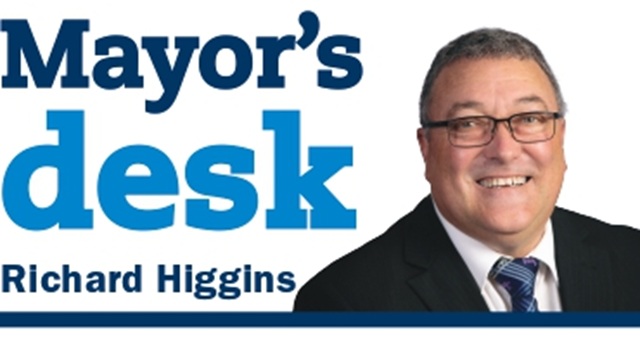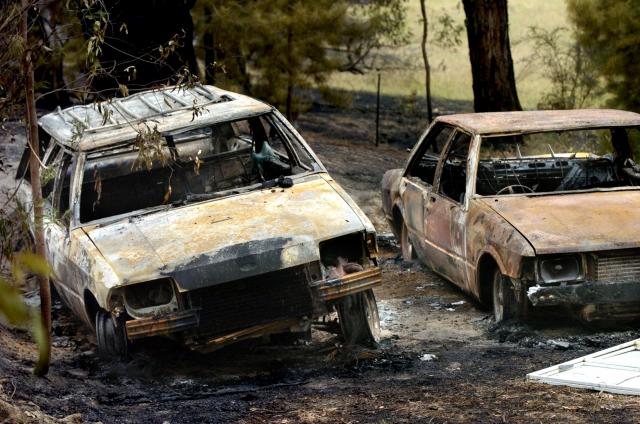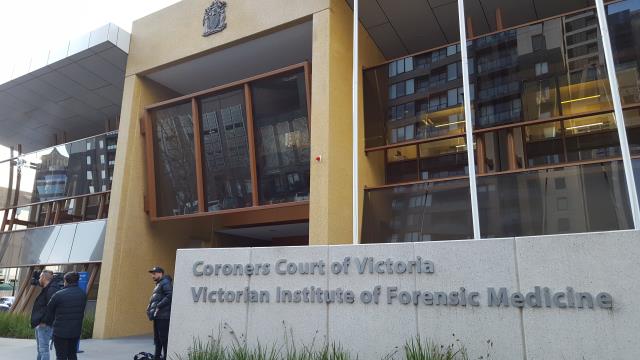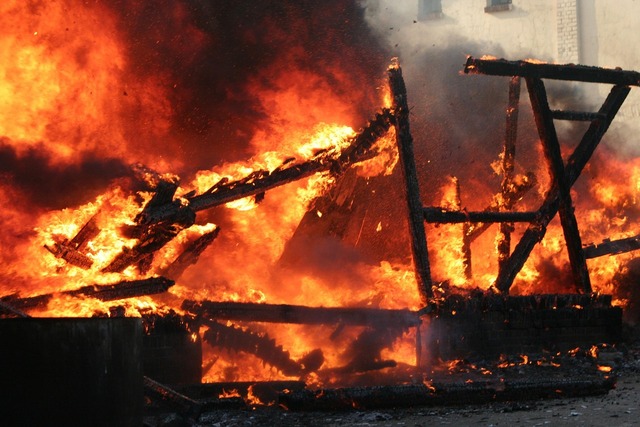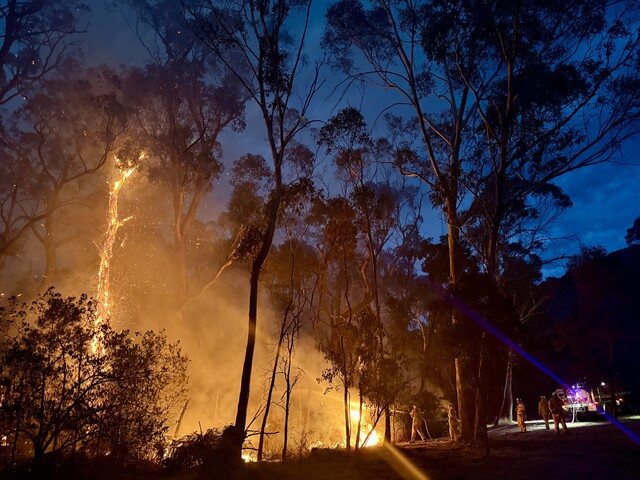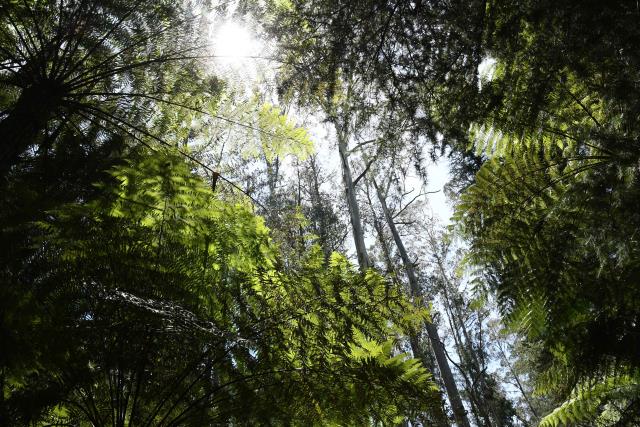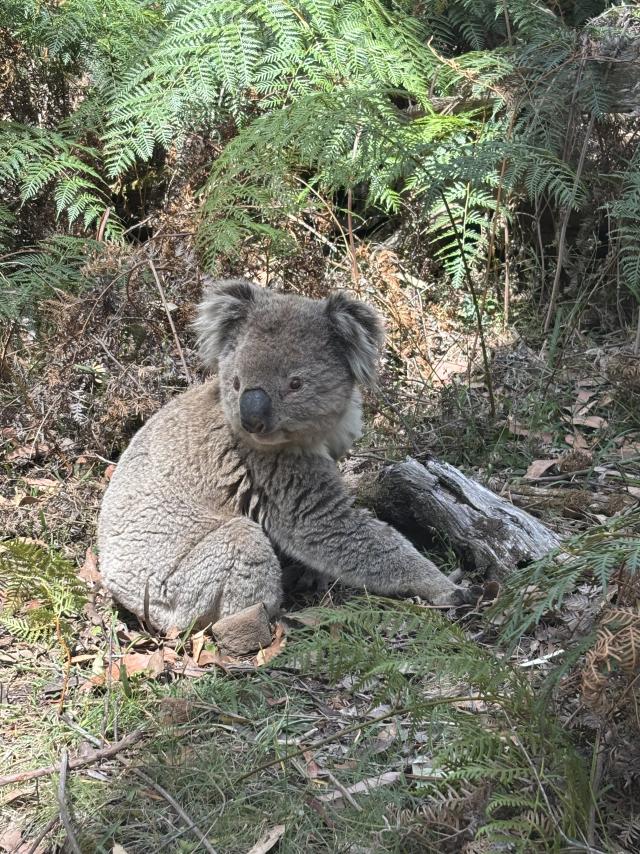The unseen and often dangerous work done by our Yarra Ranges National Park rangers were celebrated on 31 July for World Rangers Day.
Parks Victoria ranger Darren Barnes works out of the Woori Yallock area and has been on the frontline protecting the Yarra Ranges National Park for 12 years.
Mr Barnes said he loved being a ranger for many reasons which included preserving the environment, the varied and dynamic nature of the work and connecting with park visitors.
“Managing ecosystems and heritage at the Yarra Ranges National Park is fulfilling. From maintenance to enforcement, every day brings variety.
“Overseeing Upper Yarra Reservoir Park’s campground and seeing people enjoy nature is a joy,” Mr Barnes said.
But being a ranger isn’t an easy job – it comes with plenty of risks which can be life-threatening.
Founded by the International Ranger Federation in 2007, World Ranger Day is internationally celebrated on 31 July and aims to commemorate the rangers who are injured or killed in the line of duty.
International Ranger Federation (IRF) president Chris Galliers said the work undertaken by rangers can come at a cost.
“Often unseen rangers stand protecting both nature and communities in the face of climate change and biodiversity loss.
“This work unfortunately comes at an extraordinary cost. It is with deep sadness that we get to remember and celebrate the lives of 175 rangers who lost their lives in the line of duty,” Mr Galliers said.
It’s the highest number of deaths recorded by the IRF so far, with 28 per cent of deaths being attributed to homicides, 34 per cent occurring in conflict zones and 36 per cent being fire-related.
“This is a staggering number, and is always a huge concern,” Mr Galliers said.
The rest of deaths are due to health-related causes such as heart attack, heat stress and exhaustion.
Parks Victoria chief executive officer Lee Miezis said there was a wide array of risks to account for in the day-to-day tasks of a ranger.
“The day-to-day tasks of being a ranger vary greatly, and, due to the nature of the role, safety is always at front of mind.
“Remote and rough terrain, wildlife encounters, extreme weather conditions and emergencies like bushfires and floods are some of the risks rangers may face,” Ms Miezis said.
“Rangers receive training in first aid, navigation, conflict resolution, and are equipped with communication and emergency gear. Regular safety briefings and comprehensive risk management processes help ensure rangers are prepared for the many different scenarios that present themselves in our parks.”
Mr Barnes initially started out as a project fire fighter with the Department of Sustainability and Environment in 2008 before joining Parks Victoria in 2011.
After the 2010 Black Saturday bushfires, Mr Barnes installed the world’s most remote Leadbeater’s possum nest box near Mount Bullfight in the Yarra Ranges.
“Helping to save our endangered faunal emblem in a fire-hit area was unforgettable,” Mr Barnes said.
“I dreamed of being a firefighter, inspired by serving communities. As a ranger, I’ve lived that passion, earning a National Emergency Medal for my work during the 2009 Black Saturday fires.”
Though being a ranger can be exciting and dangerous, Mr Barnes said it was best to stay strong and recognise the good in the work being done.
“Stay resilient, embrace the variety, and know you’re making a difference.”

